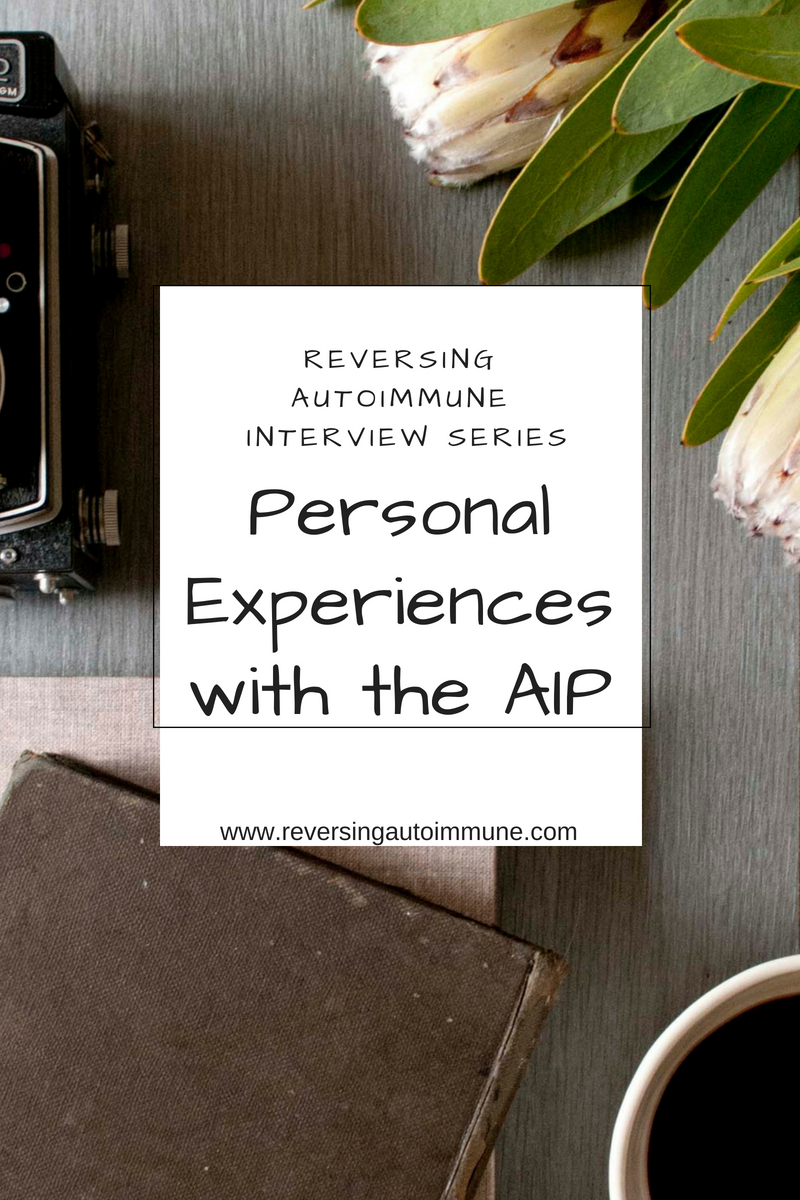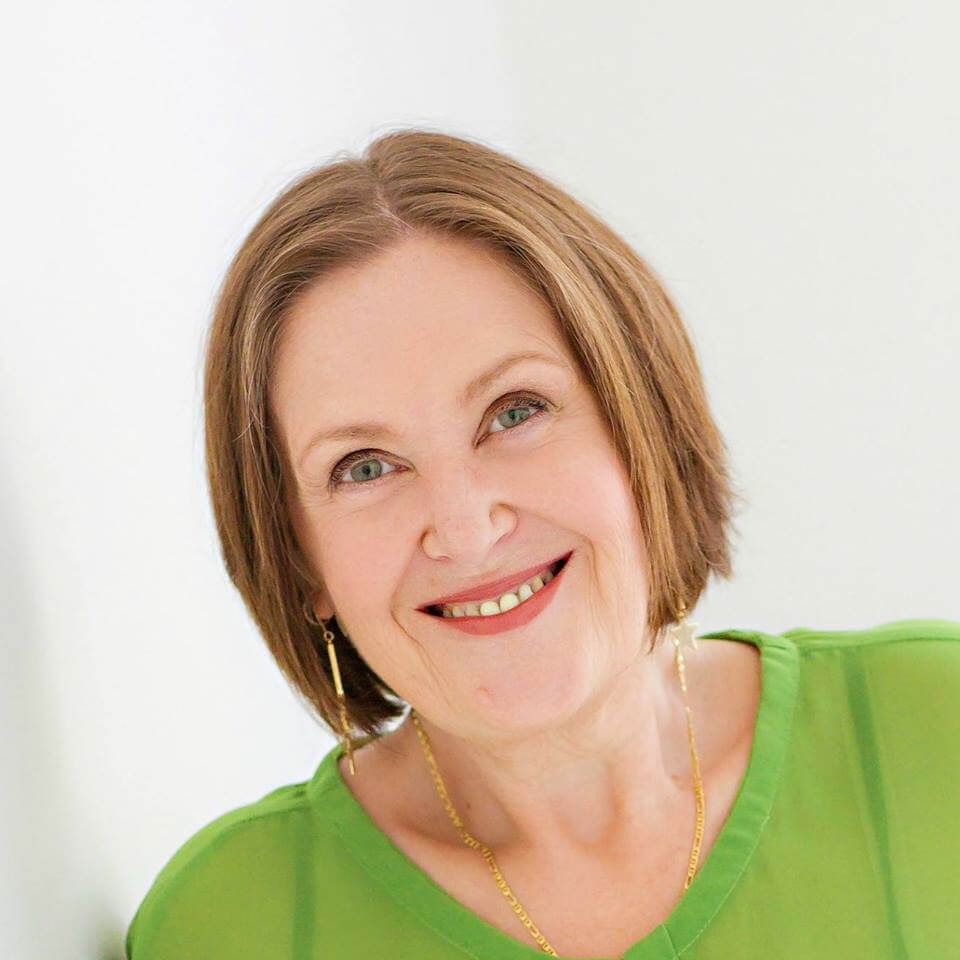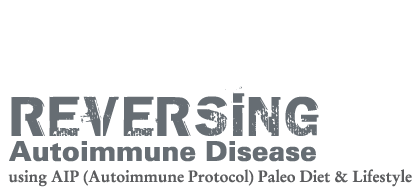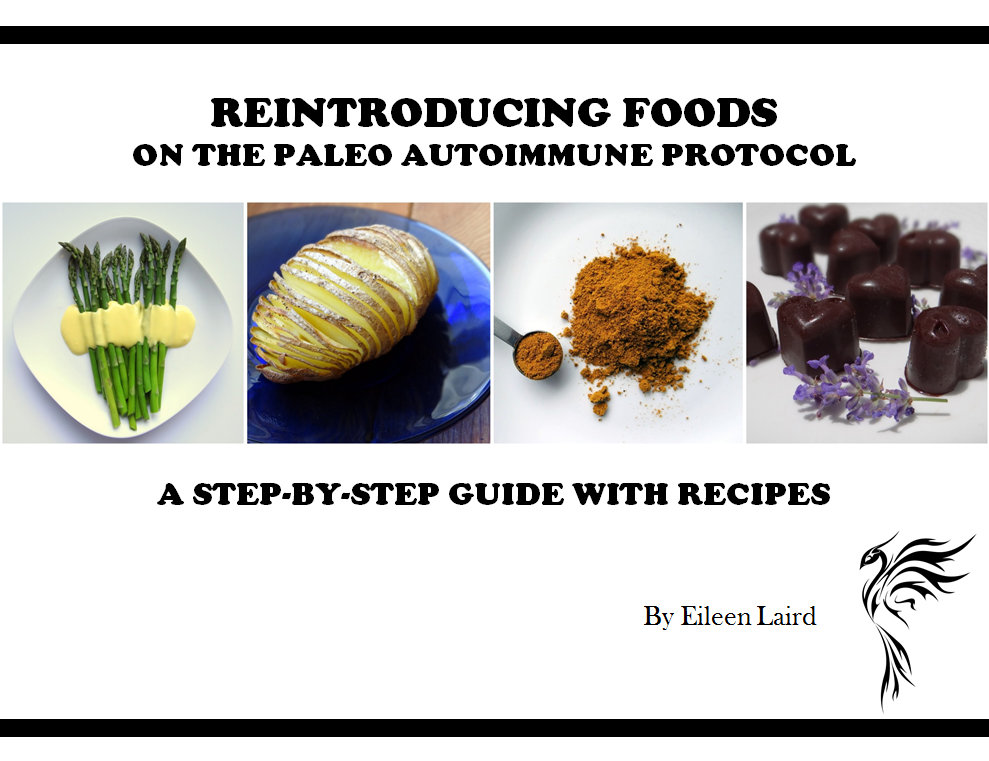Reversing Autoimmune Interview Series-Kerry

The Autoimmune Protocol (AIP) has helped so many people to reverse their autoimmune symptoms and for many people reverse the disease completely. It is however, not a one size fits all approach, and as we learn more and more about autoimmune diseases, we have started to discover that a more individual approach may be better. Unfortunately, at this stage, an elimination phase of removing all the main inflammatory foods and then slowly reintroducing them one at a time, is still the gold standard to work what individual triggers affect each person. (read more about the science behind the AIP and more about reintroducing foods)
Each person has their own unique experiences of AIP, regarding what foods they can and cannot tolerate and what lifestyle factors they have included. In this interview series, I ask different people about their own personal experience with AIP.
The things that are unique to all of us is how long the elimination lasted, what foods we react to and what foods we do not. The other vital factor is finding ways to reduce stress, incorporate exercise, work on relationships and deal with emotional issues are also vital aspects that mustn’t be overlooked. If you are someone considering trying AIP and are unsure, I hope that these interviews may help to show that no matter the name of your disease, or what foods you react to, everyone needs to find their own way of making AIP work for them and that it is possible to do that in whatever way works for you.
Kerry’s Personal Experience with the AIP
Kerry Jeffery (B.A.) is a qualified Clinical Hypnotherapist, Counselor and Life Coach living well with Hashimoto’s, Celiac and Antiphospholipid Syndrome. Her website Emotional Autoimmunity began simply as a way to help her make sense of all of the profound emotional challenges that she experienced when she became chronically ill by blogging about it.
Kerry is the creator and author of “Moving Through the Grief of Chronic Illness: A nine phase model from Anxiety to Resilience” which is free to download from her website and helps explain the complex grief process that is unique to having chronic illness. Kerry now works exclusively helping people living with chronic illness safely and easily overcome trauma, toxic relationships, anxiety and depression and give them the essential skills and support to get back in control of their health and happiness using her therapeutic programs. Her programs include Kerry’s unique blend of hypnotherapy, counseling, coaching and practical tools and strategies. She works with her clients online all over the world including Australia, New Zealand, UK, Netherlands, Norway, America and Asia. You can find Kerry at Emotional Autoimmmunity and on Facebook.

Here is my interview with Kerry: ( my notes are in brackets)
1.What Autoimmune Disease/s do you have?
Hashimoto’s, Celiac and Antiphospholipid Syndrome.
2.When did you start doing the AIP and what motivated you to do it?
I began AIP in late 2014 because I was so physically and cognitively disabled from Hashimoto’s and a later diagnosis of celiac disease that I was desperate to do whatever it took to save my life. At that stage, I had no idea if I would ever recover, what quality of life I would be able to have or if I would ever be able to work and support myself again. ( for more on the emotions associated with being newly diagnosed)
3.What symptoms did you experience before going on AIP?
- Extreme fatigue to the point that I was unable at time to keep sitting upright. I would fall over to the side. Most of my time was spent between bed and the couch.
- Diffuse hair loss
- Pain in my legs, back, feet and joints
- Blurry eyesight
- Constant tinnitus
- Chest pain and slow or rapid/pounding heart beat and heart attack like symptoms.
- Nausea
- Low stomach acid/difficulty digesting protein
- Gut and stomach pain and bloating
- Cold hands and feet.
- Hot flushes and fainting
- Lowered voice, slurry speech, difficulty speaking or remembering words.
- Severe brain fog.
- Dry skin and change in all over skin texture, I looked 10 years older.
- Swollen feet, toes, ankles and eyelids.
- Excess fluid in face and body.
- Weight gain.
- Air hunger (feeling like you are not breathing deeply enough or getting enough oxygen).
- Difficulty sleeping or wanting to sleep all the time and never feeling refreshed.
- Needing to nap to get through the day.
- Anxiety attacks that limited my ability to drive on freeways or major roads.
- All over muscle weakness.
- Unable to work due to physical and cognitive disability from the diseases.
- Liver and kidney function went down to less than 50% so I looked quite jaundiced.
4.What symptoms went away after going on AIP?
With the combination of AIP and taking NDT (natural desiccated thyroid) pretty much all of them.
5.What (if any) symptoms still remain?
Chronic illness has left me without the physical stamina I used to have so that I still have to manage my energy carefully. My overall energy can also fluctuate when I am tired, stressed or in a flare.
6. How long did you do the Elimination Phase of the AIP?
Just over 12 months. I was too scared to risk adding foods back before then in case it triggered a relapse. ( for more on what foods are eliminated during that phase)
7.Which foods did you find you react to or made your disease worse?
Ghee is the only dairy I tried and I had an immediate, strong negative reaction to it. Peanuts created a horrible flare that knocked me out of action for a few days. Rice gave me gut issues and headaches. ( for help with reintroducing foods on the aip)
8. Are there any foods that are AIP compliant that you cannot tolerate or foods that aren’t that you can?
I can eat white potato with no issues at all. I didn’t have any issues with the AIP compliant produce that is available here in Australia. I tried plantains but did not like them as they are not something that is readily eaten here in Australia.
9. What lifestyle modifications did you introduce? Did that make any difference to how you feel?
I was so disabled at the beginning I had to learn to ask for help which felt really hard for me and made me feel very vulnerable. However once I did, I was very humbled by how many people were willing to help me. I did my best to lower stress though because I was unable to work, the financial stress was difficult as we had to live on my savings. Good quality sleep habits are still something I need to work on though I did make sure to get to bed much earlier these days. I basically embraced everything I could and rested as much as possible. Most of my waking time went into trying to research through the brain fog. ( for more on lifestyle intervention on the AIP)
10.Did you take any medication before you began AIP and do you take any now?
I took no medication before AIP and chronic illness except the occasional paracetamol for headaches. Now I need to take NDT to replace the hormones my own thyroid is unable to make and probably will for life. I also take several supplements daily.( for more on my medication decisions)
11.Do you do any exercise, is it any different to what you did before?
I have gone for a walk every day since January 1st 2017 which has now become a daily ritual. Prior to chronic illness I didn’t do any formal exercise though I was able to walk and jog and had a lot more endurance. I could walk for hours and completely recover. My stamina so far has not returned to its prior levels.
12.What was the easiest part of doing the AIP?
That I could eat the same things as leftovers and the limitations were actually good as it made it simpler for me to know what to choose and prepare. I did lots of slow cooked meals, soups, casseroles, bagged salads, very easy stuff.
13. What was the hardest part of doing the AIP?
My disease anxiety manifested in fear of not having enough “safe” food to eat and have on hand. I also developed anxiety about being glutened or having my food contaminated. That passed after the first year.
14. Were your family/spouse/friends supportive of your decisions; if not, did they change their minds afterwards?
I am a single parent and at the time, both my sons were living at home. They were happy to support anything that would help me get better. Since I made and shopped for the food, they had to eat what I ate though I did at the time allow bread in the house for the boys until I banned all gluten in the house last year. Friends and extended family were more difficult, not out of lack or concern but many honestly did not believe that what I ate could have such an impact on my health so I had to set and keep pretty strong boundaries which frustrated quite a few. While my sons were supportive, they would rarely initiate or think about cooking meals, so no one cooked for me but me which got exhausting at times.
(social interaction is a vital aspect to the AIP. Here is a list of support groups around the world)
15. If you had to start the AIP all over again, would you do anything differently?
Probably not. It would have been great to be part of a guided SAD to AIP program but on the whole, I think I did really well by myself. I was highly motivated because I didn’t want to die and that was a very real possibility for me in the first 6 months after diagnosis because my organs and body had been so damaged.
16. Would you recommend it to someone else with autoimmune disease?
Absolutely! There was nothing my original Doctor would do for me except prescribe thyroxine and recommend that I accept my “new normal”. I was desperate for something that I could do to help myself and save my life and the AIP was an absolute Godsend for which I am extremely grateful. AIP was the first intervention I made and I credit it with keeping me alive and starting my recovery in the period before I was able to find a doctor to prescribe NDT. It felt like a miracle for me seeing my body and mind go from being disabled to functional and recovering.
This is a part of a series of interview about Personal Experiences on the AIP:
Interview with Eileen Interview with Tina. Interview with Alissa.
YOU MAY BE INTERESTED IN:





